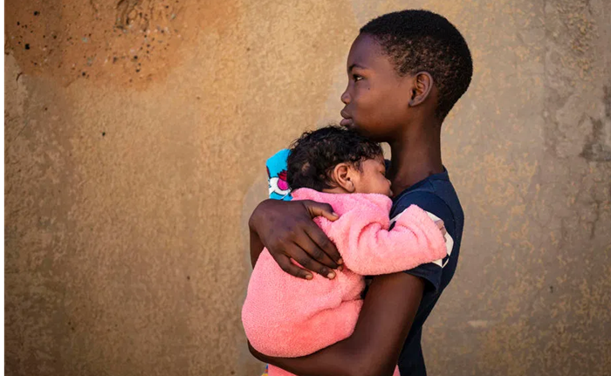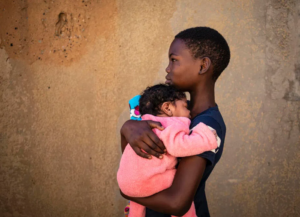SPEAK WEDNESDAY
THE IMPORTANCE OF THE FAMILY UNIT IN THE SOCIETY

A family is a basic unit of study in many
medical and social science disciplines. Definitions of the family have varied
from country to country, and also within the country all attempting to either
include or exclude certain characteristics to better portray the universal
concept. The UN however gives a simplified definition of the Family as
“those members of the household who are related to a specified degree,
through blood, adoption or marriage.” The family as an integrated and
functional unit of society has for a considerable period of time captured the
attention and imagination of researchers. Reflection of the interaction system
between individual and family, family and society as well as the specific
activities that meet certain needs of its members is what we refer to as the
function of the family. The family as a social institution is organically connected
with society, and therefore some functions directly related to the requirements
of the society itself. (Elizabeth. S., 2018). A functional understanding of the family thus stresses how the family
as a social institution helps make society possible. As such, the family
performs several important functions.
Firstly, the family is the primary unit
for socializing children. No society is possible without adequate socialization
of its young. In most societies, the family is the major unit in which socialization
happens. Parents, siblings, etc., all help socialize children from the time
they are born. It is the character developed in the family that helps the child
in becoming an important or responsible member of society. Psychologists opine
that the absence of family affection has a serious impact on a child’s
development and inadvertently the society’s development and way of life. Secondly,
the household (economic) function of the family is also amongst the most
important. It is aimed at satisfying its material needs (food, shelter, etc).
The function contributes to the physical strengths and health preservation of
all family group members. Thirdly, the family provides its members with a
social identity. Children are born into their parents’ social class, race and
ethnicity, religion, and so forth. Some children have advantages throughout
life because of the social identity they acquire from their parents, while
others face many obstacles because the social class or race/ethnicity into
which they are born is at the bottom of the social hierarchy. (UMN, 2016).
Family life is very multifaceted. Each
function of the family is social. The social nature of the family is determined
primarily by the fact that the family is the unit of society first of all. As a
result of family functions, the vital needs not only of family members but also
of society as a whole are satisfied. The International Federation for Family
Development (IFFD) states that No entity can fully replace the functions
families perform for the benefit of their members and the good of society. “The
family is the most powerful, the most humane and, by far, the most economical
system known for building competence and character.”
The Centre for Family Health Initiative
(CFHI) is committed to the promotion of health and protection of the well-being
of families in Africa. We are driven by a vision of healthy families, healthy
societies. Over the years, through funded projects and individual donations we
have deployed several community-driven and family centred health interventions,
encompassing socio-economic empowerment of women and youths – assisting them to
take care of their families. Some of these projects include providing women
with non-interest loans and startup kits, provision of educational and medical
support, food items, skill acquisition and startup kit to Orphans and
Vulnerable Children (OVC) children, maternal and child health trainings for
pregnant and lactating mothers, amongst many others.
Speak Wednesday is an initiative of Centre
for Family Health Initiative (CFHI) to address issues around gender-based
violence and gender bias. Join us every Wednesday on all our social media
platforms for more interesting episodes.




